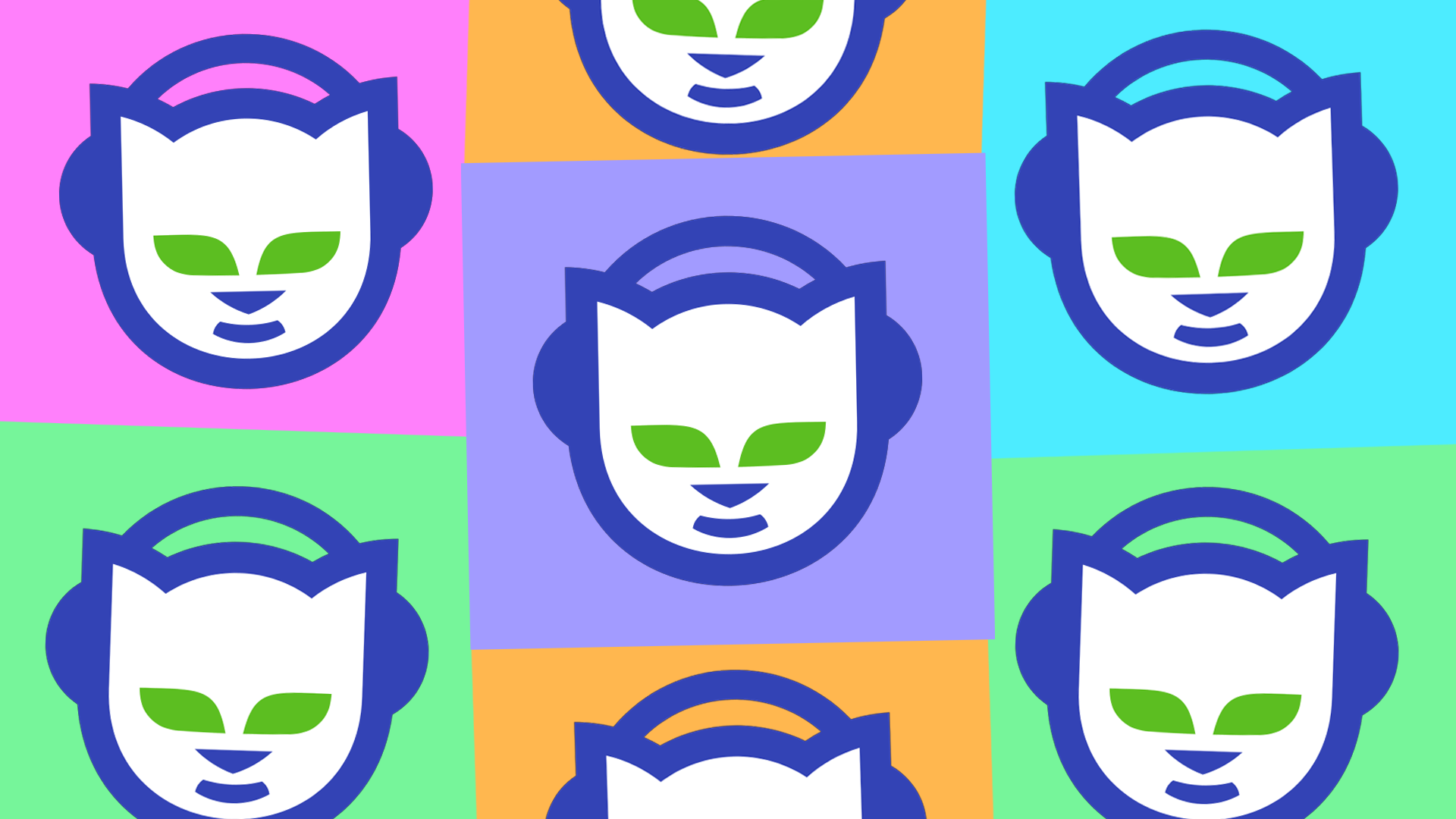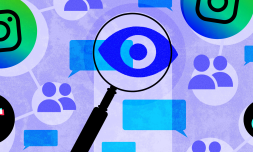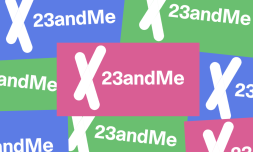Napster was once synonymous with music piracy in the early noughties and has been credited with kickstarting the industry shift toward streaming services. It has just sold for $207 million USD.
Napster still exists! The once-giant file-sharing platform has been bought by tech startup Infinite Reality for $207 million USD.
The deal was announced on Tuesday, with intentions to transform Napster into a social music platform where artists can interact with fans and earn more money than they do via rival services like Spotify and Apple Music.
Napster currently operates as a streaming service, having pivoted away from its original file-sharing format many years ago. Its UI is eerily similar to Spotify, though users have complained previously of missing songs and frequent service outages.
Napster’s CEO Jon Vlassopulos said in a blog post this week that ‘the internet has evolved from desktop to mobile, from mobile to social, and now we are entering the immersive era. Music streaming has remained largely the same. It’s time to reimagine what’s possible.’
The buyer, Infinite Reality, specialises in immersive 3D spaces, using a mix of AI, VR and AR technologies to create inhabitable digital rooms. These can advertise products, showcase brands or serve as virtual classrooms, among other uses.
While a timeline as to when exactly Infinite Reality plans to change Napster hasn’t been confirmed just yet, the tech company did say that it wants to ‘prioritise fan engagement over passive listening, allowing artists to connect with, own, and monetise the relationship with their fans.’
According to a newly published blog post, this will include 3D virtual spaces, social listening parties, physical and virtual merchandise, event ticket sales, integrated gamification tools and an enhanced analytics dashboard.
‘By acquiring Napster, we’re paving a path to a brighter future fort artists, fans, and the music industry at large,’ said John Acunto, Co-Founder and CEO of Infinite Reality.
All of this talk of championing artists and providing new opportunities for revenue streams is a far cry from Napster’s heyday, where the brand’s original file-sharing services sent the music industry into freefall.
First released in 1999 by two teenagers, the company was a peer-to-peer file-sharing network.
This meant that any user could upload files to be downloaded by others via a server, which was revolutionary at the time. Music and free audio was uploaded and shared between consumers on a massive scale, with millions of free users signing up throughout that year.


















